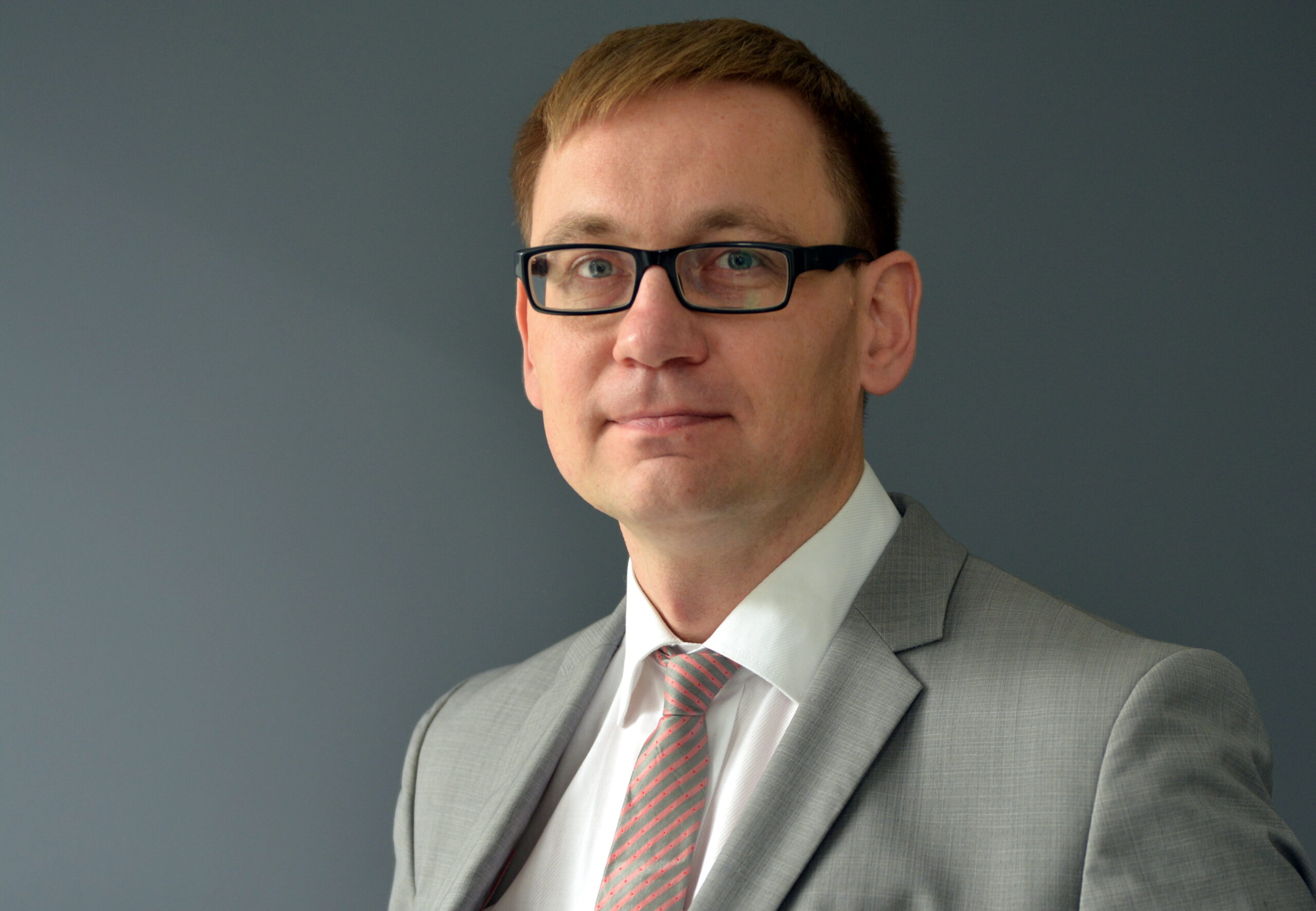
Wages cannot grow indefinitely without real economic growth. But growth today can only be expected as a result of very focused cooperation.
Although trade unions are often seen as a rabble-rouser, only interested in raising their members' wages, this is usually not the case. We are constantly monitoring developments in the labour market and trying to prevent economic shocks from materialising in a way that does not reduce workers' sense of security or income. Yes, we want European prosperity to reach all Estonians as early as possible. If we can keep wage growth at an average of 6%, we have a chance of seeing a rising European average in about 20 years' time. But that will require much higher growth than today.
In wanting to accelerate the pace of convergence even further, it would be very wrong to leave economic policy to government alone. Looking at it from the trade union side, I see a real willingness in society for a joint effort, where every small player has the opportunity and responsibility to contribute. Universities, trade unions, employers, the not-for-profit sector, all have much to gain from working together, and all also have a valuable contribution to make in terms of knowledge, experience and future change.
Good cooperation requires a human plan
So, when I was asked what are the key virtues of the final report of the so-called "Raasukes" working group, here is the first answer - it articulates our common ambition and lays the foundations for a very meaningful cooperation. Whereas in the 1990s, strong government leadership was enough to get the whole of society to agree to rapid economic change, in today's more difficult circumstances, a common plan needs to be written down and widely supported. Fortunately, the 'Raasukes Plan' seems to have managed to strike at precisely that centre, without compromising on analytical rigour and integrity.
The second virtue, of course, is that it is the first plan, which says straight out that you do nothing without people. For the first time, social policy and education policy (or the wider public contribution) are treated not as an expense but as part of revenue policy, which they are. For the first time, it is credibly said that every person matters.
Details can and should be specified
According to Jaak Aaviksoo, Rector of Tallinn University of Technology, the proposals deserve to be discussed and implemented regardless of the political parties that make up the government. He points out that this is a cross-party process and that the underlying document of the process is open to discussion in detail. Admittedly, reading each sentence literally, the analysis also contains pepperings that could force us or some other social force to backtrack. However, if we keep open the possibility of negotiating the individual pieces of the plan as we carry it out, it will keep the baby alive even after the bathwater has been washed away.
While universities and employers are more aware of how to make the application of scientific advances in production work better, the expertise of trade unions lies in our ability, through our members, to sense the links in the labour market, for example in the way work is organised or in the rational use of working time.
This way we can help in the debate on whether, why and for how long we can artificially hold back wage increases without losing again the jobs we are already short of. Or whether it's worth risking workers' health by further increasing working hours, while we see a reserve in a more rational use of working time. Whether and what kind of labour we should be actively seeking in Estonia, and what kind of labour inflows could actually increase our future risks.
We've already worked together to get all our staff in regular training, but we want our managers to regularly update their skills too. Employees also have a very important role to play in innovation, if we look at the wider issue. After all, the concept is not just about coming up with new technical solutions, but also about involving employees' potential in management issues, product development and marketing strategies. Europe's most successful countries have been wisely tapping this reserve for more than half a century.
Keeping the whole together
As an illustration of the social division of labour in implementing the resulting economic plan, it is worth noting that the Raasukes working group refers to entrepreneurs as the engine of economic growth. Engines alone are not enough to get you around town, you need a clutch and gearbox, a steering wheel, even a brake. The trade unions' interest is to make sure that the whole stays together, that the engine turns into motion and that the passengers and passengers on board stay on board. We hope that the press and other social forces will also play a positive role. This cooperation and co-responsibility must be maintained to the end. Then there will be no reason why this economic plan cannot unite us in our work.